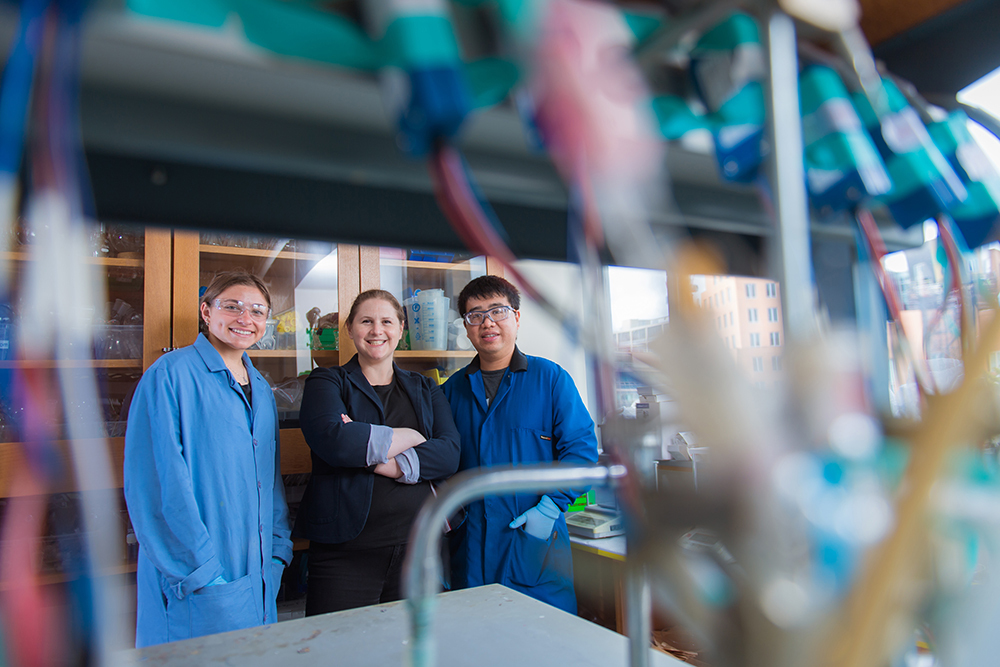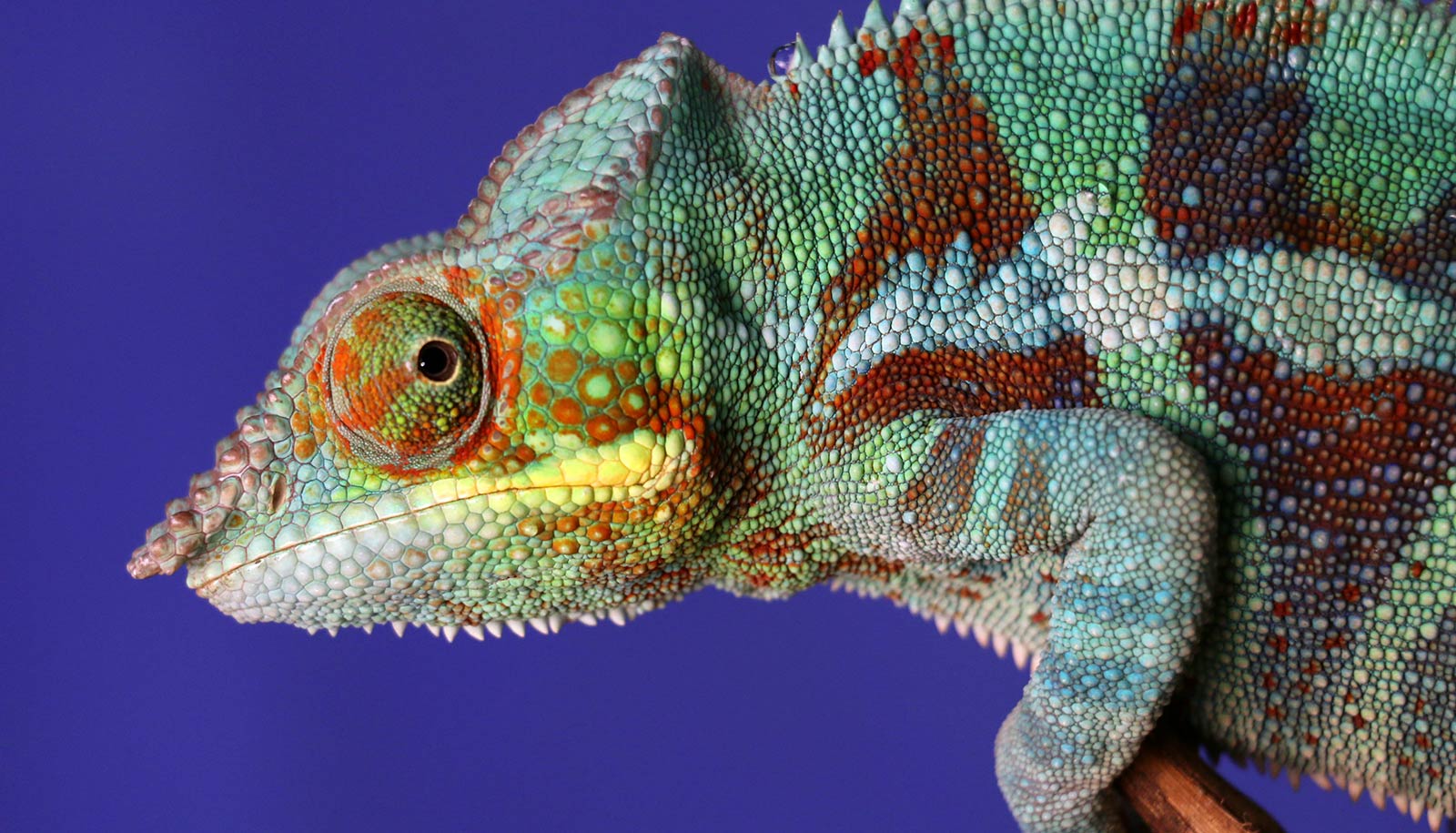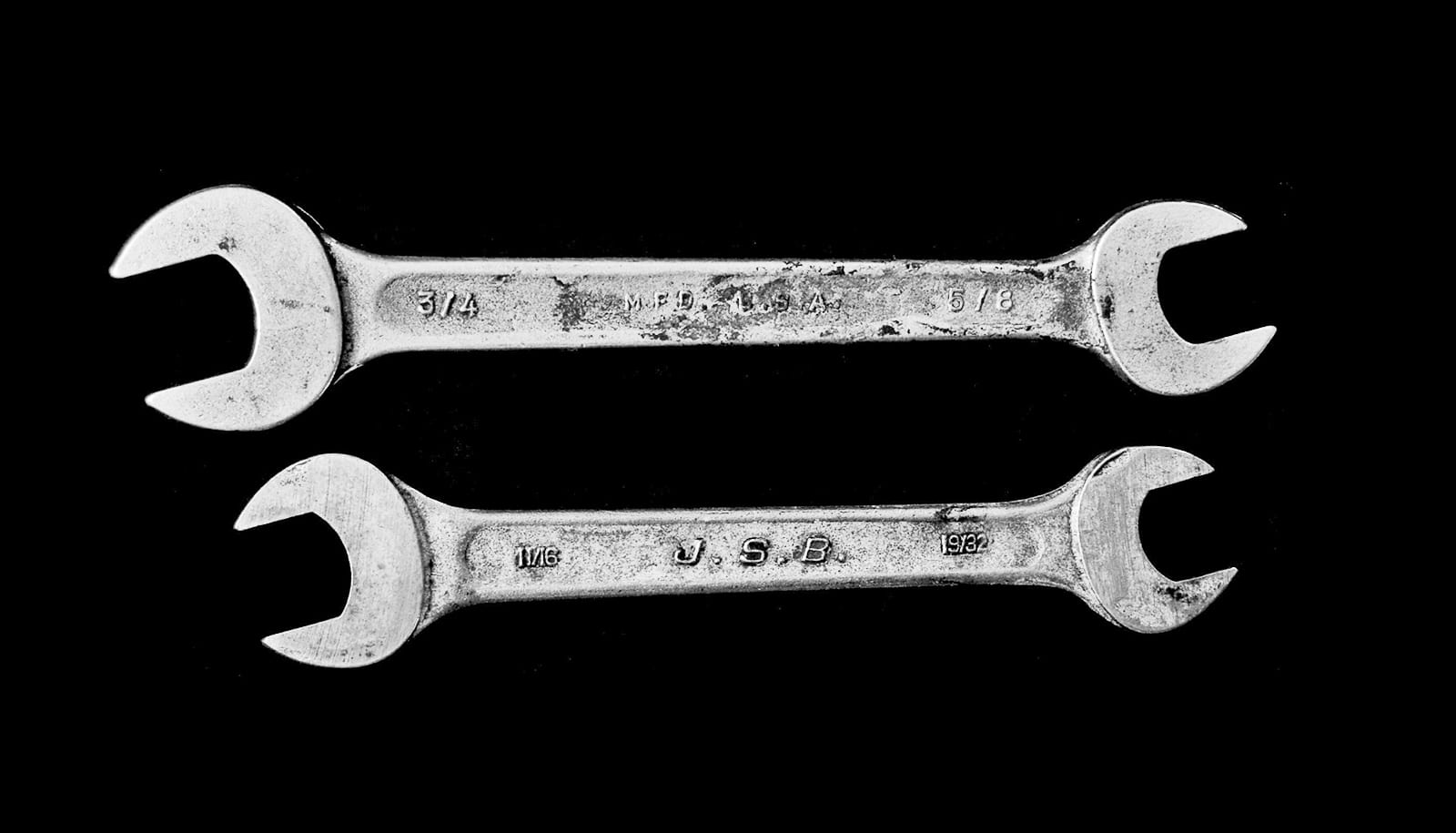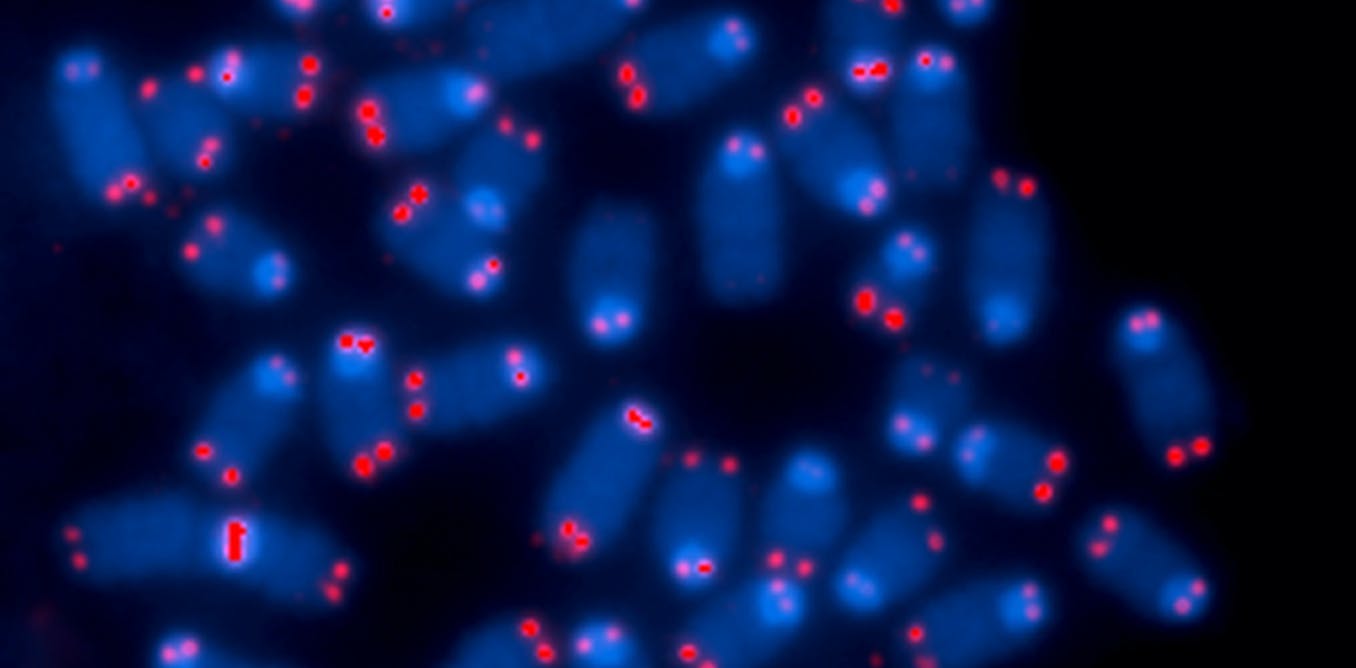Radiocarbon dating only works half the time – we may have found the solution
DNA dating could complement radiocarbon technology to help make archaeology more accurate.
Sept. 7, 2022 • ~8 min
DNA test kits are changing donor-conceived families
Taking a DNA test kit sounds like harmless fun but some people end up getting more than they bargained for.
Aug. 4, 2022 • ~7 min
Children with rare genetic disorders more likely to be diagnosed with developmental, behavioural and mental health problems
A major study of children with intellectual disabilities has highlighted the additional challenges that they often face, including a much-increased likelihood
Aug. 3, 2022 • ~6 min
Why do hammerhead sharks have hammer-shaped heads?
The first hammerhead shark was likely the result of a genetic deformity. A biologist explains how shark DNA reveals hammerheads’ history.
July 25, 2022 • ~7 min
Cells become zombies when the ends of their chromosomes are damaged – a tactic both helpful and harmful for health
The protective caps at the ends of chromosomes naturally shorten over time. Researchers found that direct damage can prematurely trigger senescence and contribute to age-related diseases like cancer.
July 19, 2022 • ~6 min
Cotton breeders are using genetic insights to make this global crop more sustainable
Plant breeding, informed by genetic analysis, could be critical to the future of one of the world’s oldest crops.
July 8, 2022 • ~9 min
/
45








